Doctrine of Legitimate Expectation in Administrative Law
What is the Doctrine of Legitimate Expectation?
The Doctrine of Legitimate Expectation was developed to ensure that government actions are held accountable. Often, it is challenging to seek relief from government policies and laws, so this doctrine was created to offer protection to individuals even when they don't have a clear legal right. It creates a middle ground between having a right and having no right at all, allowing people to hold public authorities accountable based on reasonable expectations.
This doctrine ensures that government agencies respect and follow their own policies and promises, treating people fairly and without unjust discrimination, especially when individuals are in similar situations.
History of the Doctrine of Legitimate Expectation
Since the 19th century, the role of the state and its administrative functions has expanded significantly, affecting almost every aspect of an average citizen's daily life. The responsibilities and duties of the government have become so diverse that it's challenging to track or even categorize them all.
Citizens grant power to the government, and it is the government's duty to exercise this power responsibly and carefully. Over time, various principles and doctrines have emerged to ensure proper administrative functioning. One of these doctrines is the Doctrine of Legitimate Expectation.
The Doctrine of Legitimate Expectation was originally introduced by Lord Denning in 1969. It refers to an expectation that, while it may not be a legal right in the traditional sense, deserves protection because it is "legitimate." When government policies, statutes, or actions create such an expectation, any sudden changes or alterations that deprive individuals (or groups) of this expectation can be considered unfair.
In simple terms, even if a person does not have a legally enforceable right, they may have a legitimate expectation that should not be ignored or taken away without giving them a chance to be heard or without fulfilling that expectation.
Types of Legitimate Expectation
Legitimate Expectations are of two types:
- Procedural: This refers to situations where a person is given the opportunity for a hearing or a similar procedure before a decision is made. It means that if a certain process has been followed in the past, it should continue to be followed in the future as well.
- Substantive: This refers to the expectation that a certain benefit or favorable treatment will continue.
When determining the extent of a legitimate expectation, several factors must be considered. The expectation should be reasonable. The promise or representation that created the expectation must be clear, unambiguous, and consistent over a long period of time. However, if the party knows that the assurance could be obtained in another way, it wouldn't be considered a legitimate expectation. It's also important to show that the person relied on the expectation to their detriment.
"The doctrine of legitimate expectation was formally recognized in English law in the 1970s through the Schmidt case, though it had been followed in practice before that."
Over time, the doctrine evolved to include the idea that when a decision-maker intends to depart from established policy, they must provide a justification according to relevant standards of rationality and fairness. The court's role in such cases is not to block the decision-maker but to balance the need for change with the legitimate expectations of the citizens who relied on the original policy.
Case Laws Dealing with Legitimate Expectation in Administrative Law
In India, the doctrine of legitimate expectation has been recognized and developed following the principles laid out in the Schmidt case, though similar principles had been followed earlier. This doctrine is connected to the idea of fairness under Article 14 of the Constitution. The first major reference to it in Indian law was in the case of State of Kerala vs. K.G. Madhavan Pillai.
In this case, the court held that halting the sanction order for opening new schools and upgrading existing ones violated the legitimate expectation of the respondents. This action was seen as a breach of natural justice, rendering the administrative order invalid. The court emphasized that when someone has a legitimate expectation of being treated in a certain way, administrative authorities are obligated to provide a fair hearing before denying that expectation.
A similar ruling was made in the Navjyoti Co-operative Group Housing Society vs. UOI case, where the Supreme Court held that changing the criteria for allotting land to cooperative societies violated their legitimate expectation. This change negatively affected the societies, and they were entitled to a fair hearing.
In Punjab Communications vs. UOI and Ors, the court outlined when a legitimate expectation may arise:
- If a public authority makes an express promise or representation.
- If there is a past practice that the claimant can reasonably expect to continue.
- The promise or representation must be clear and unambiguous.
- The representation can be made to an individual or a group.
The doctrine of legitimate expectation is closely related to the principles of natural justice, ensuring fairness, trust, and equality in the administrative and legal systems. It holds government authorities accountable for their actions, helping to regulate and control their power.
However, there is some debate about the doctrine. Critics argue that it could unduly restrict the government’s ability to make policy decisions, which is a constitutional duty. While this is a valid concern, the doctrine also serves as a safeguard against the misuse of power by government authorities, making it an essential tool for maintaining fairness and order in governance.
Share
Related Post
Tags
Archive
Popular & Recent Post






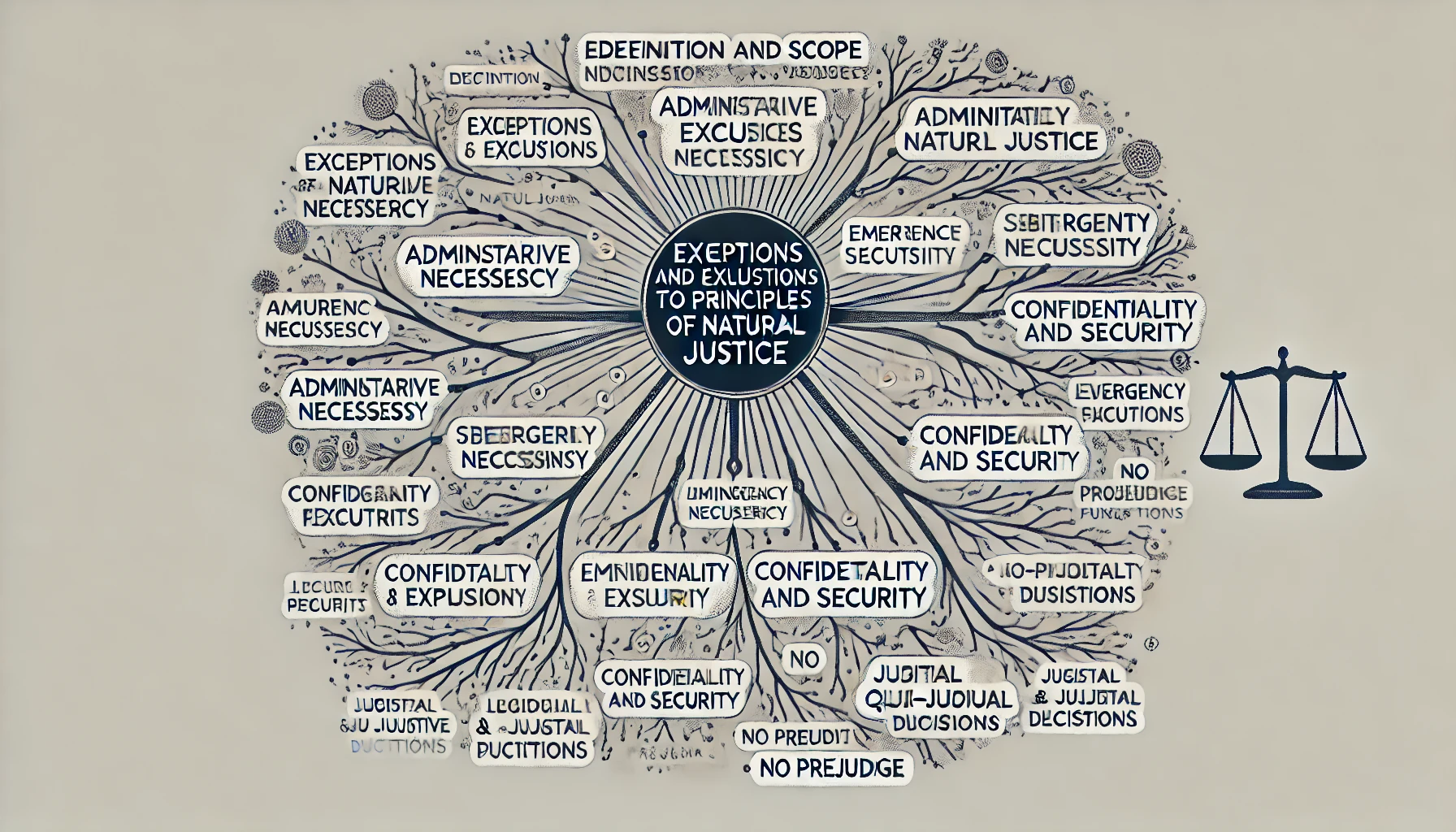
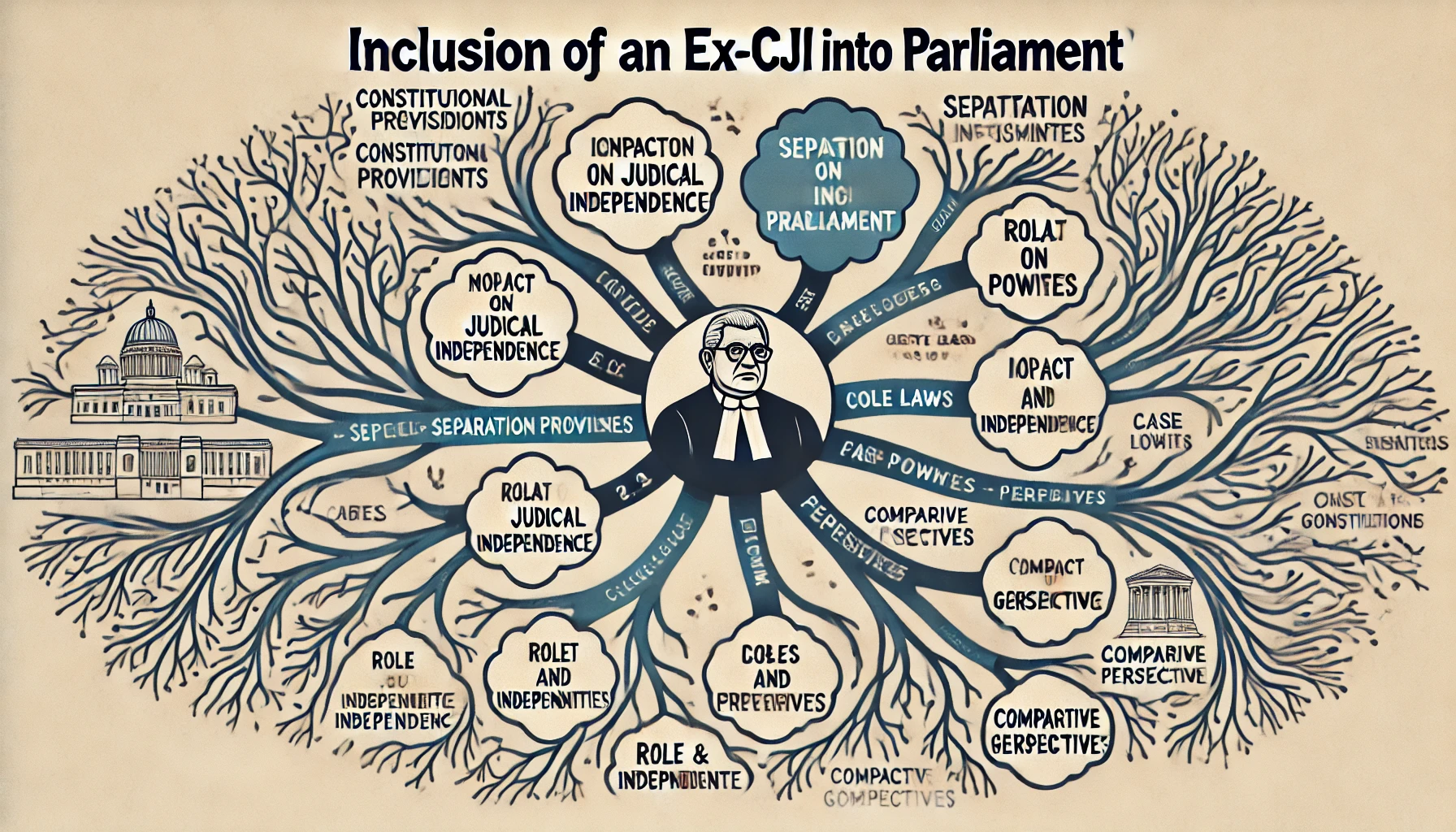
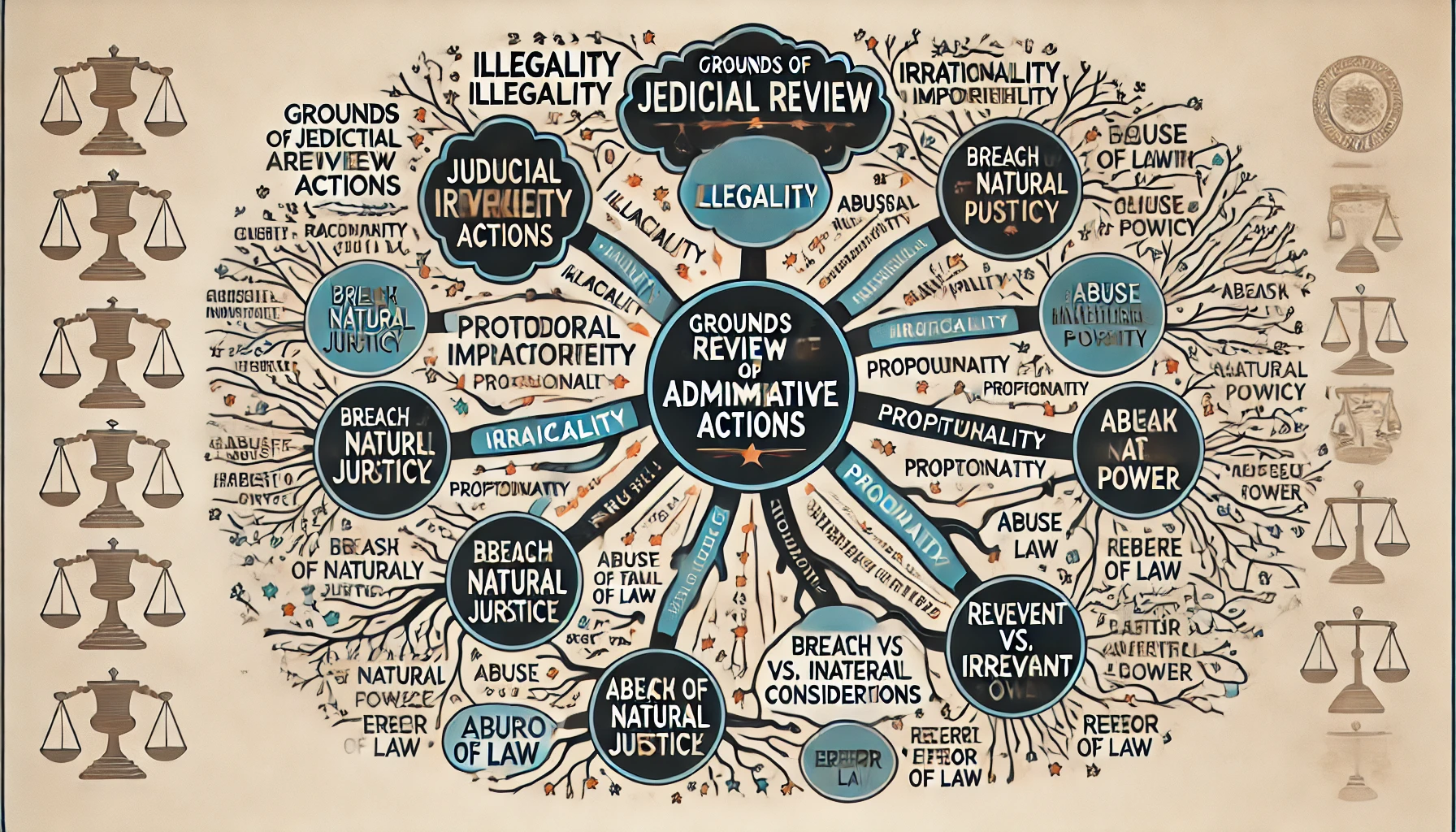
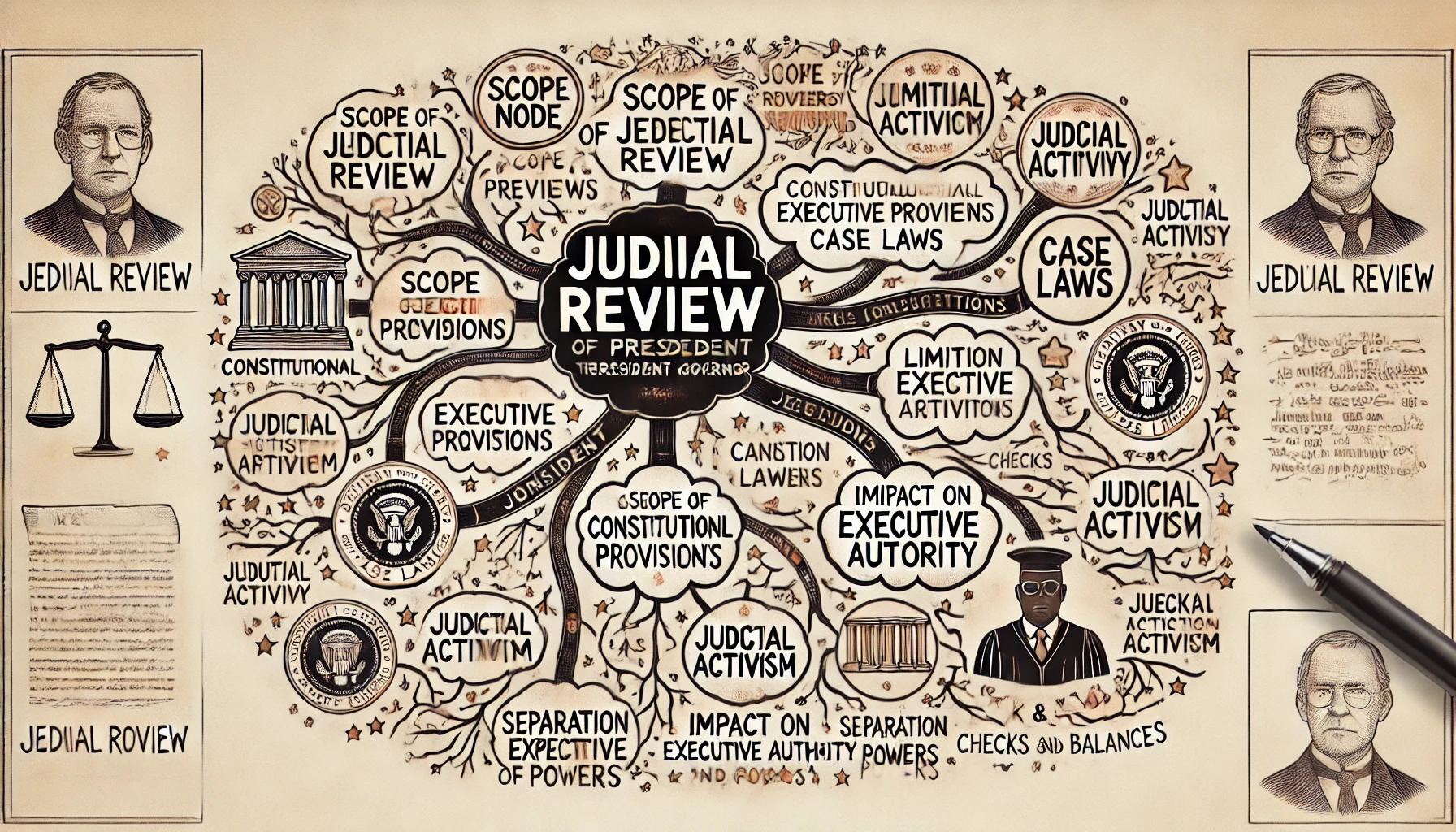
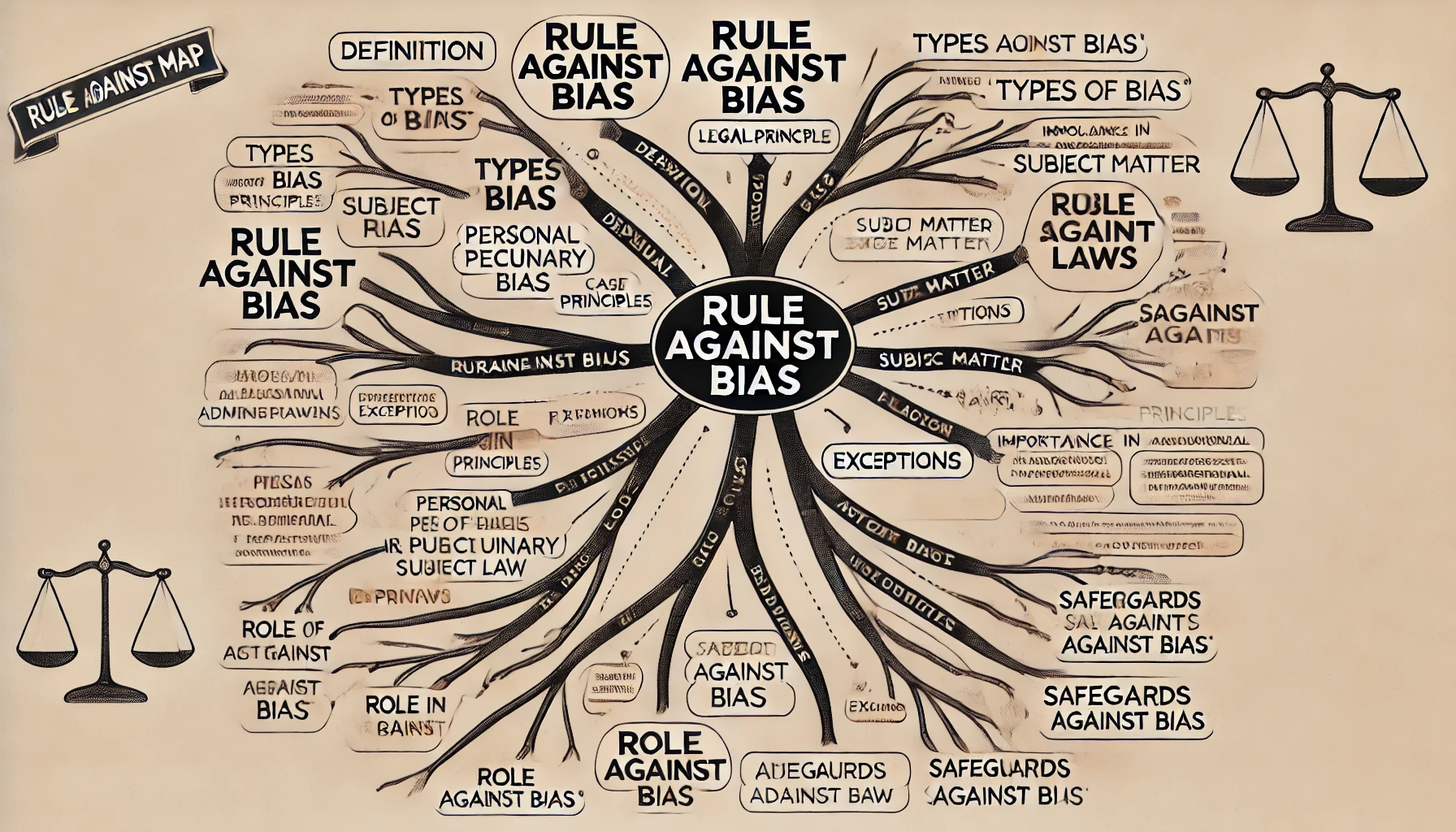
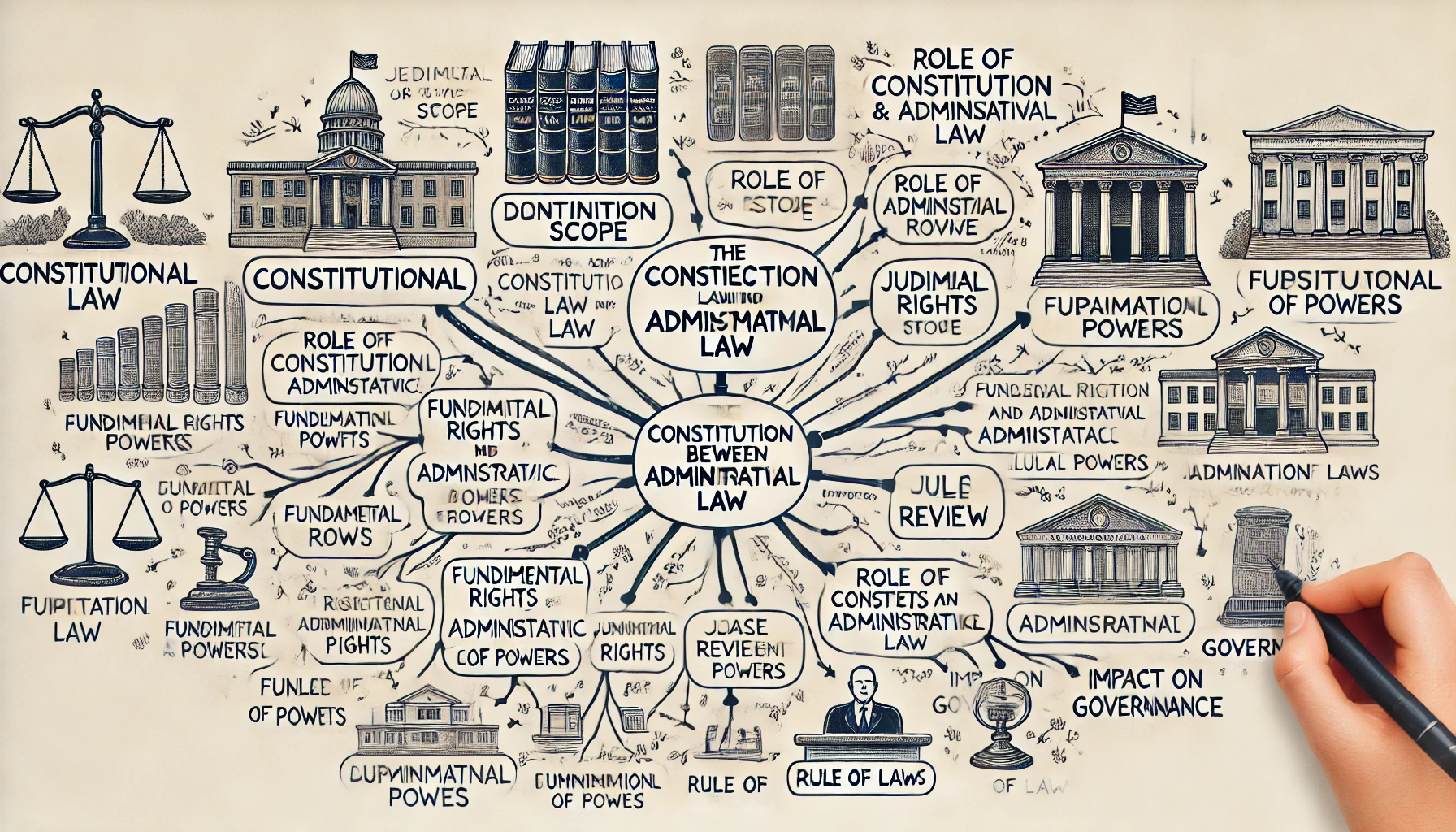
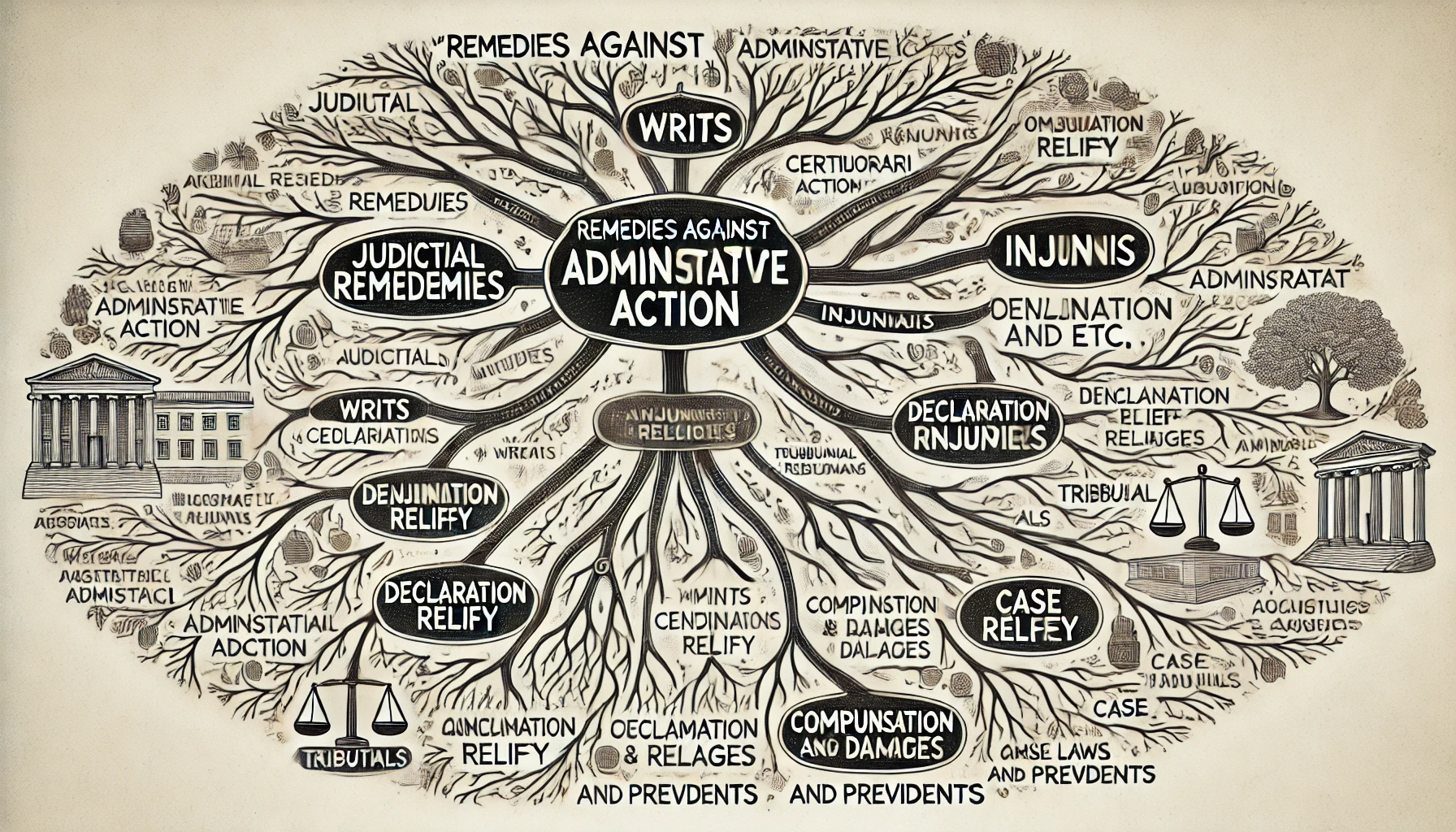
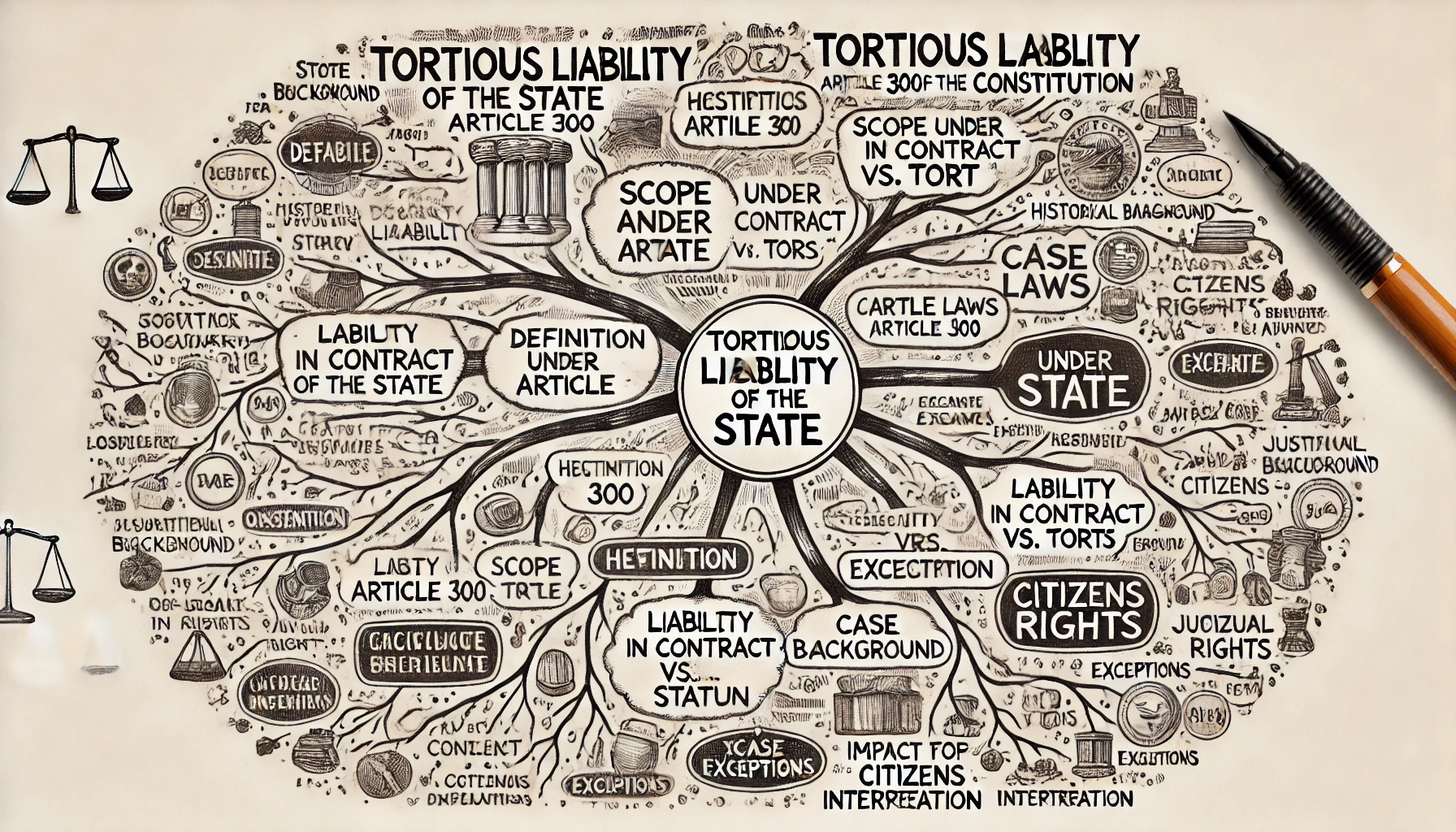
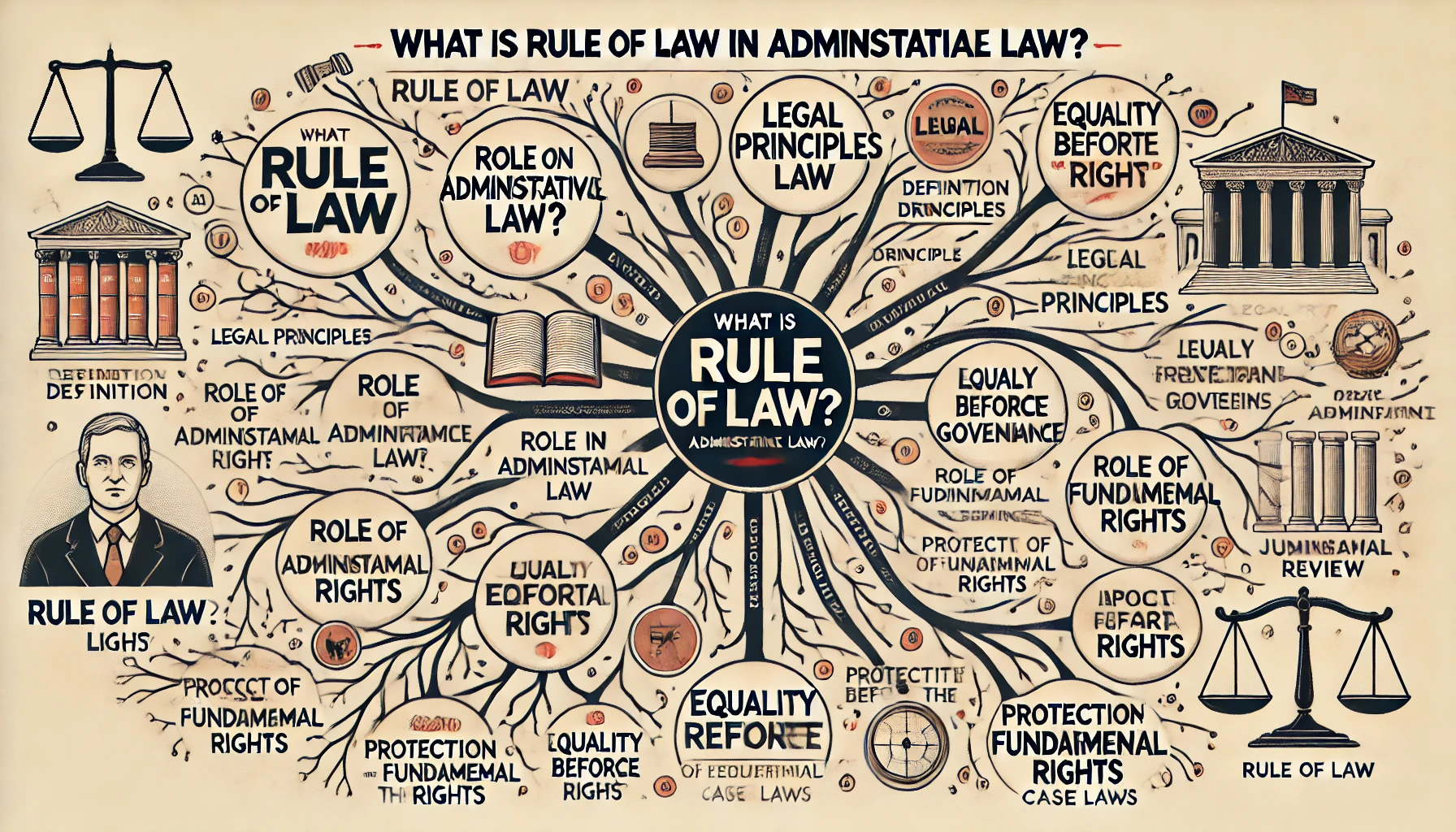
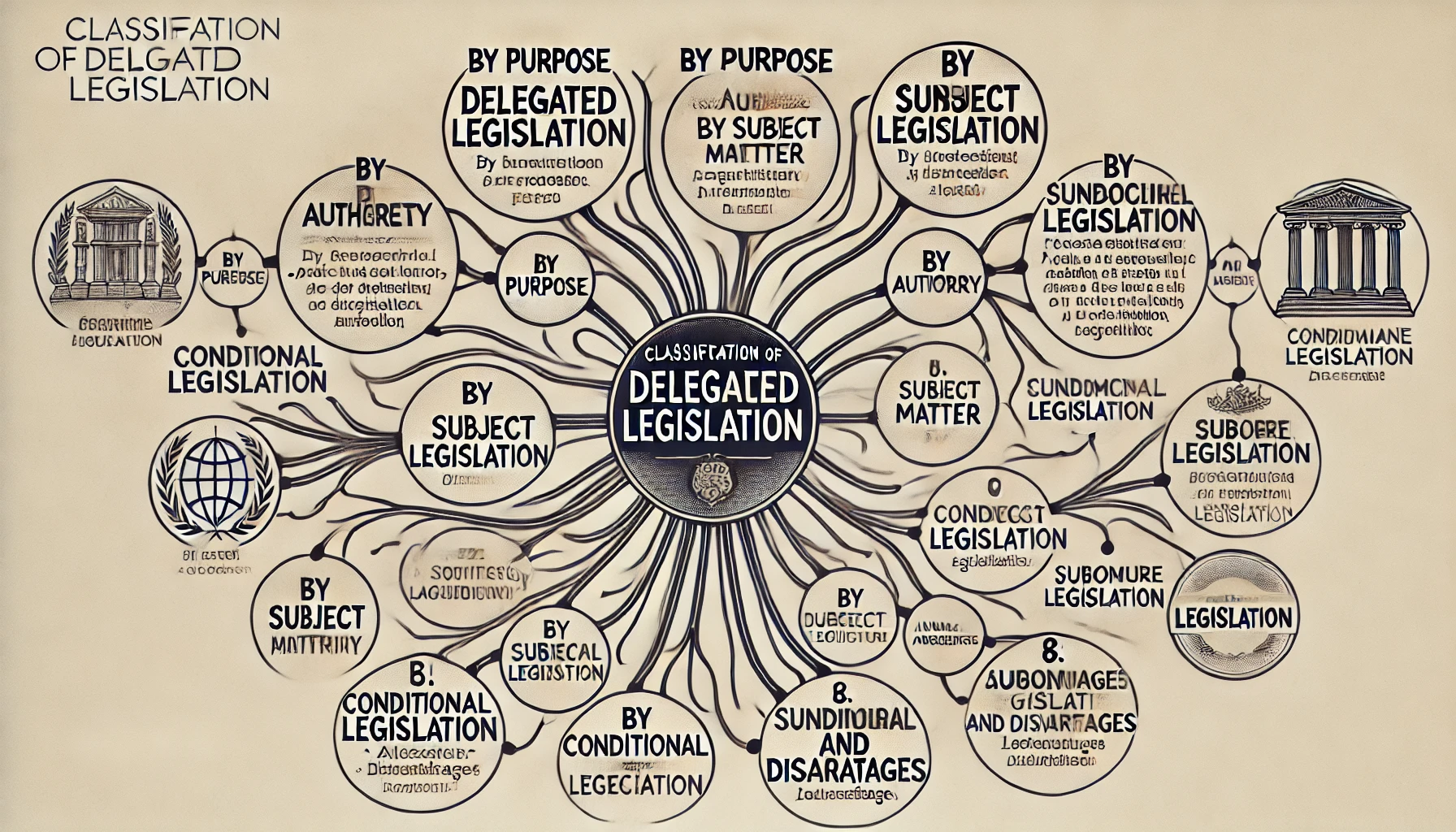
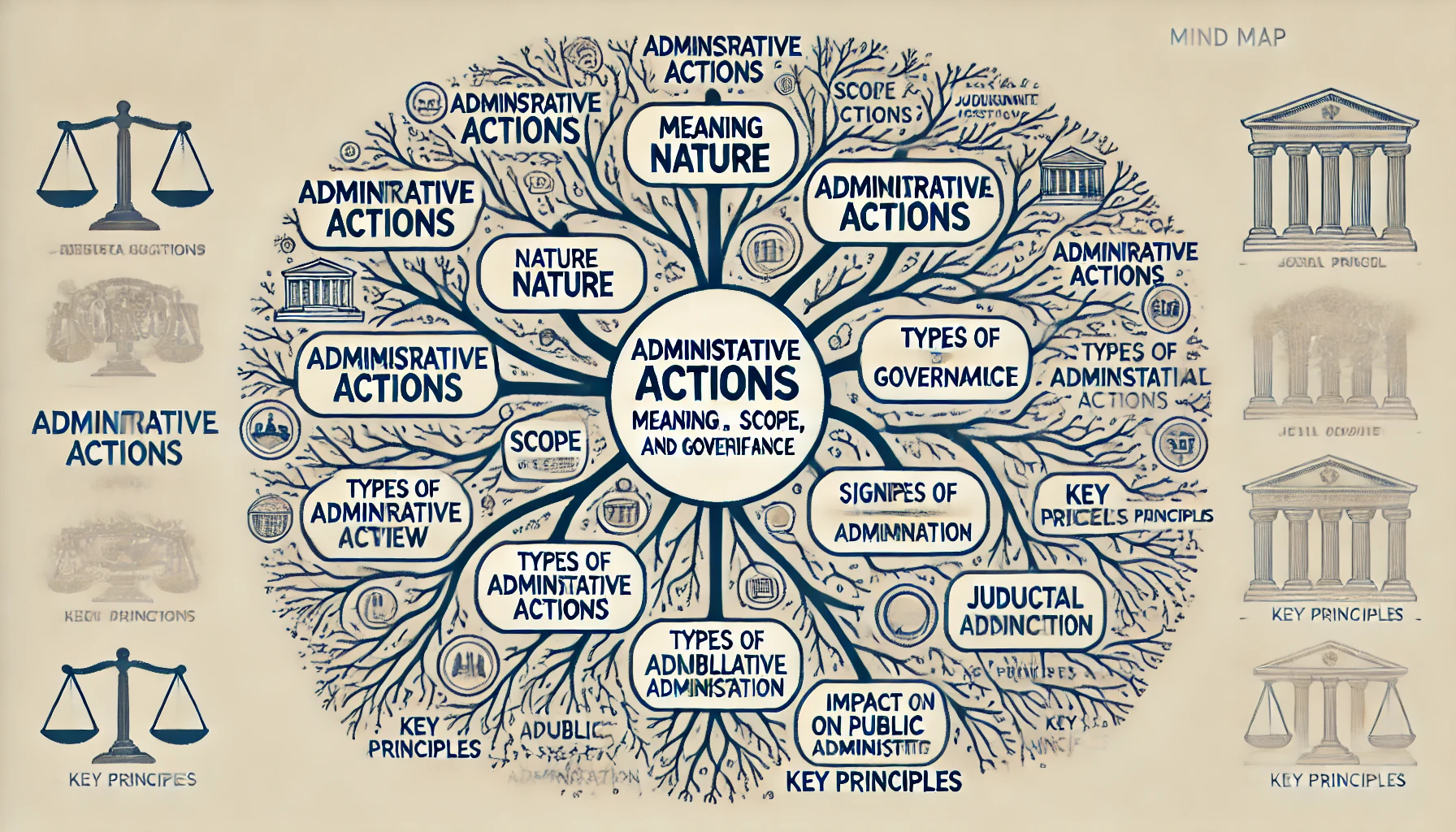
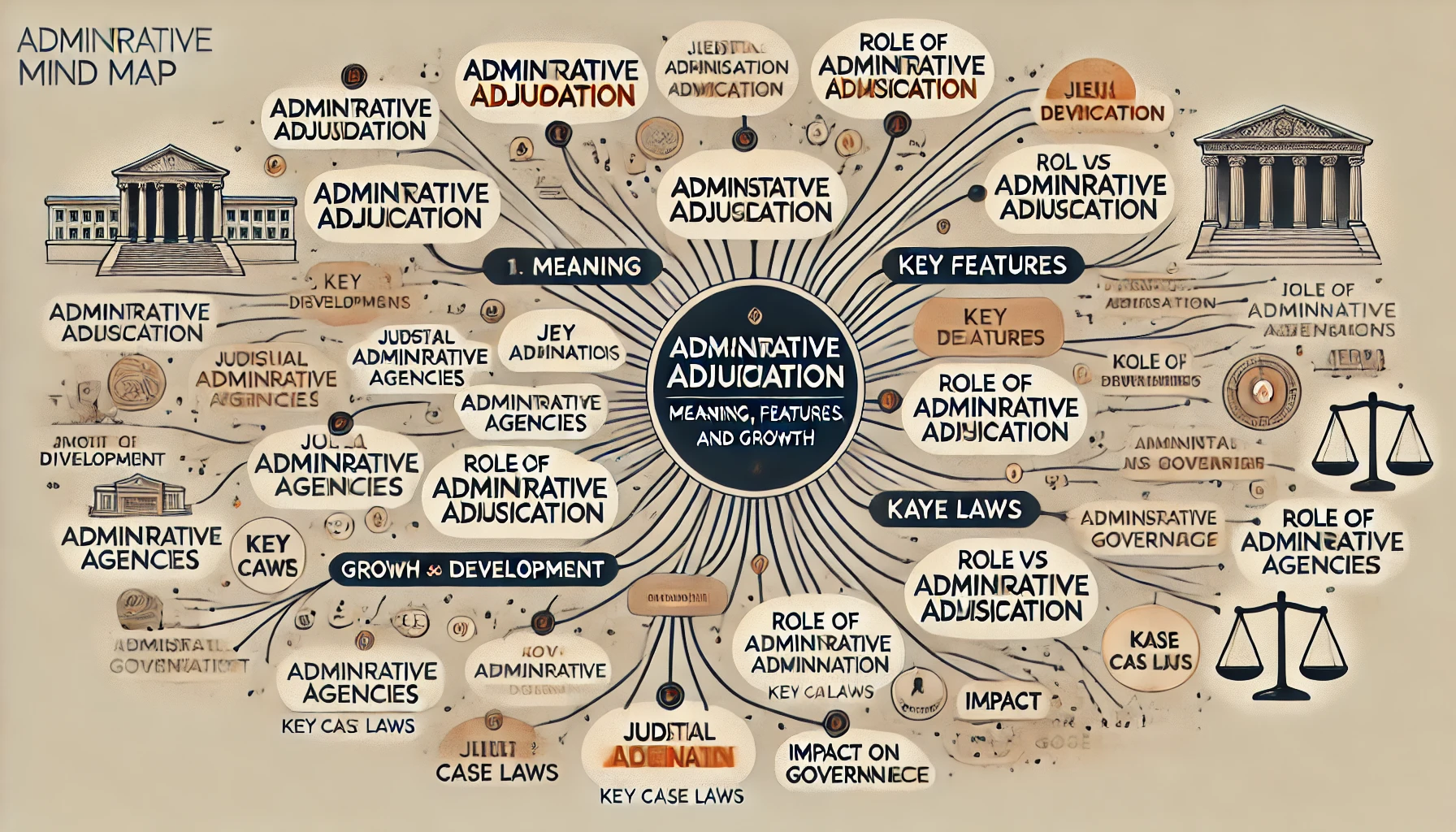

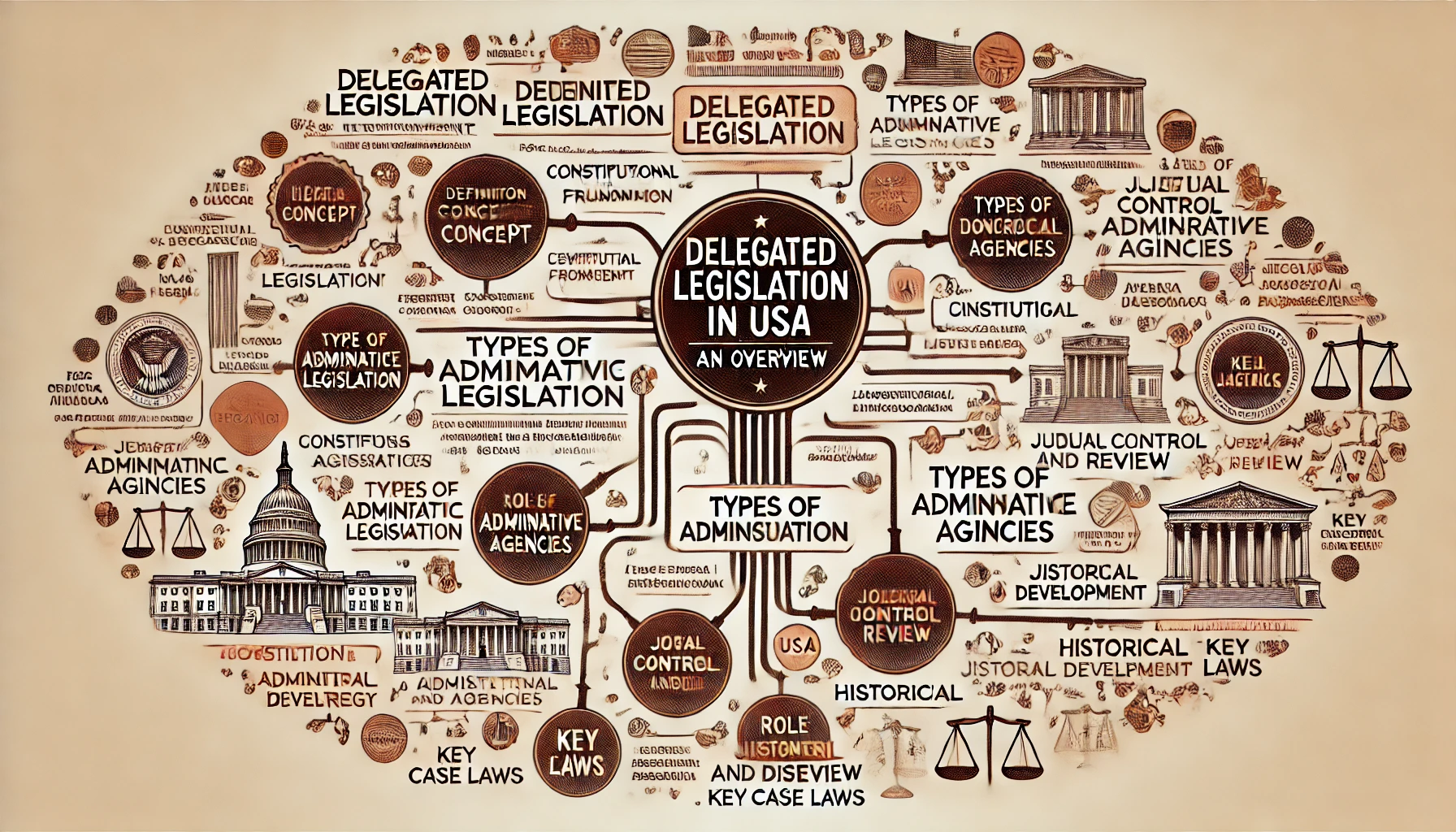
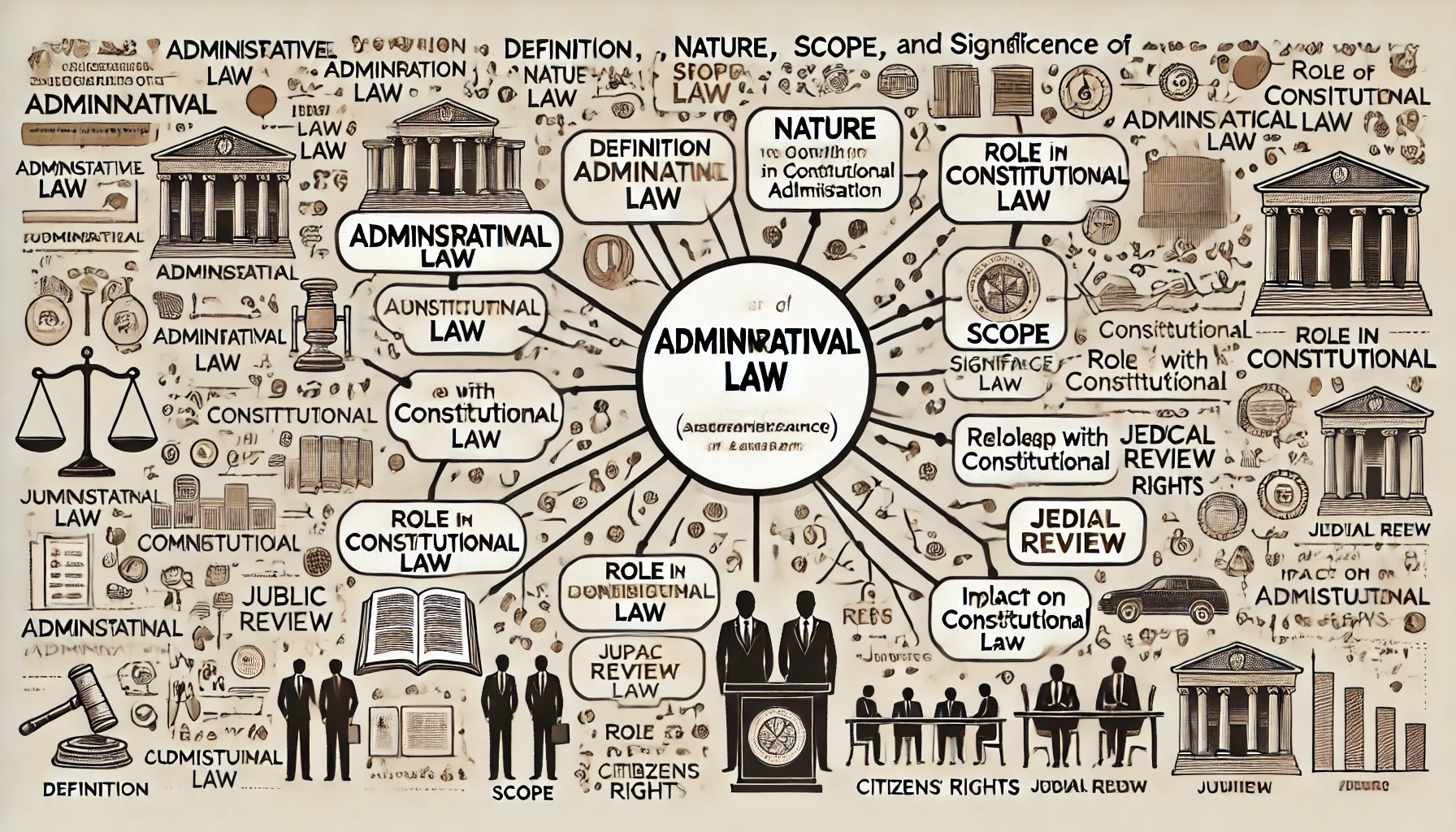
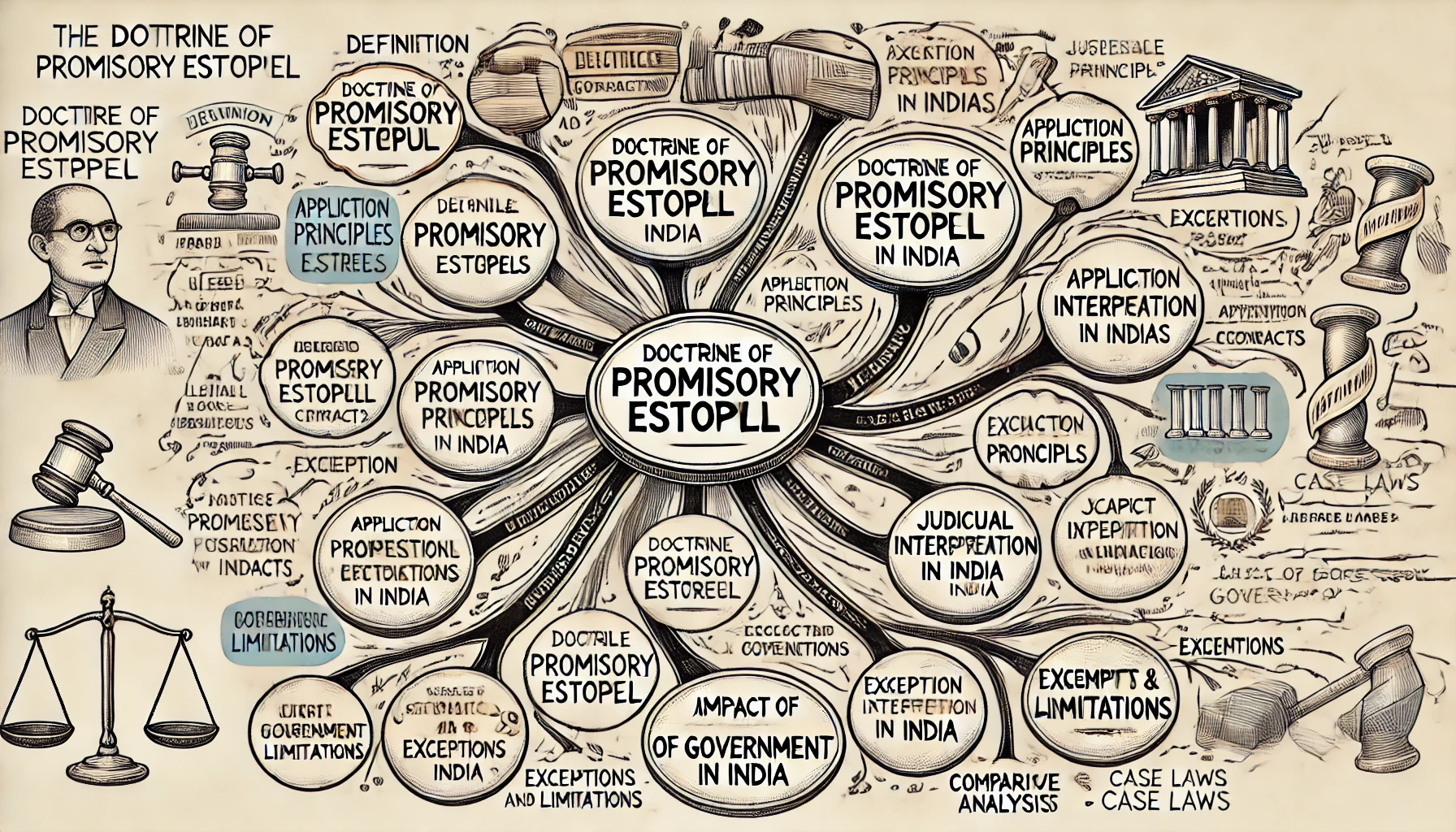
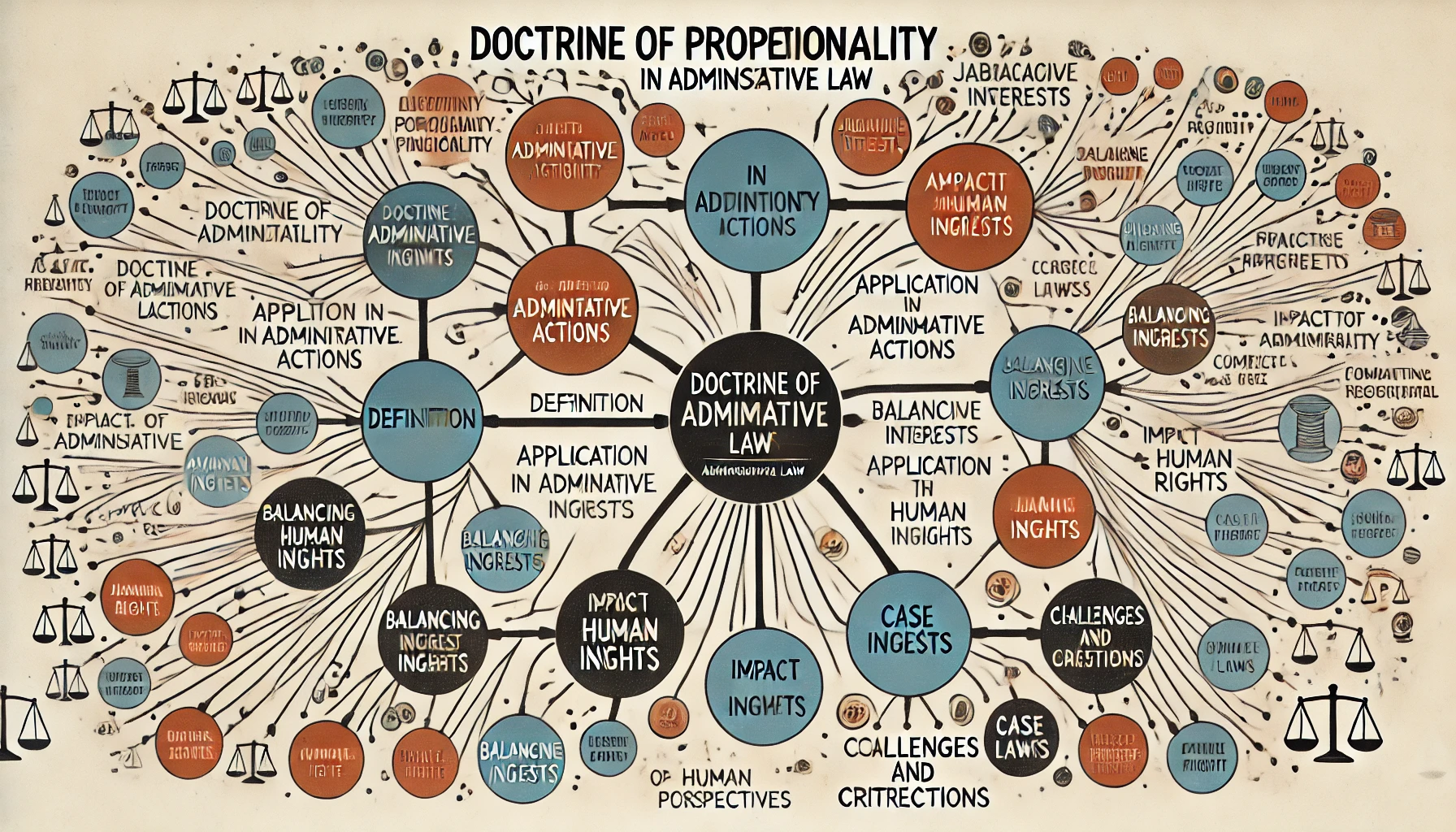
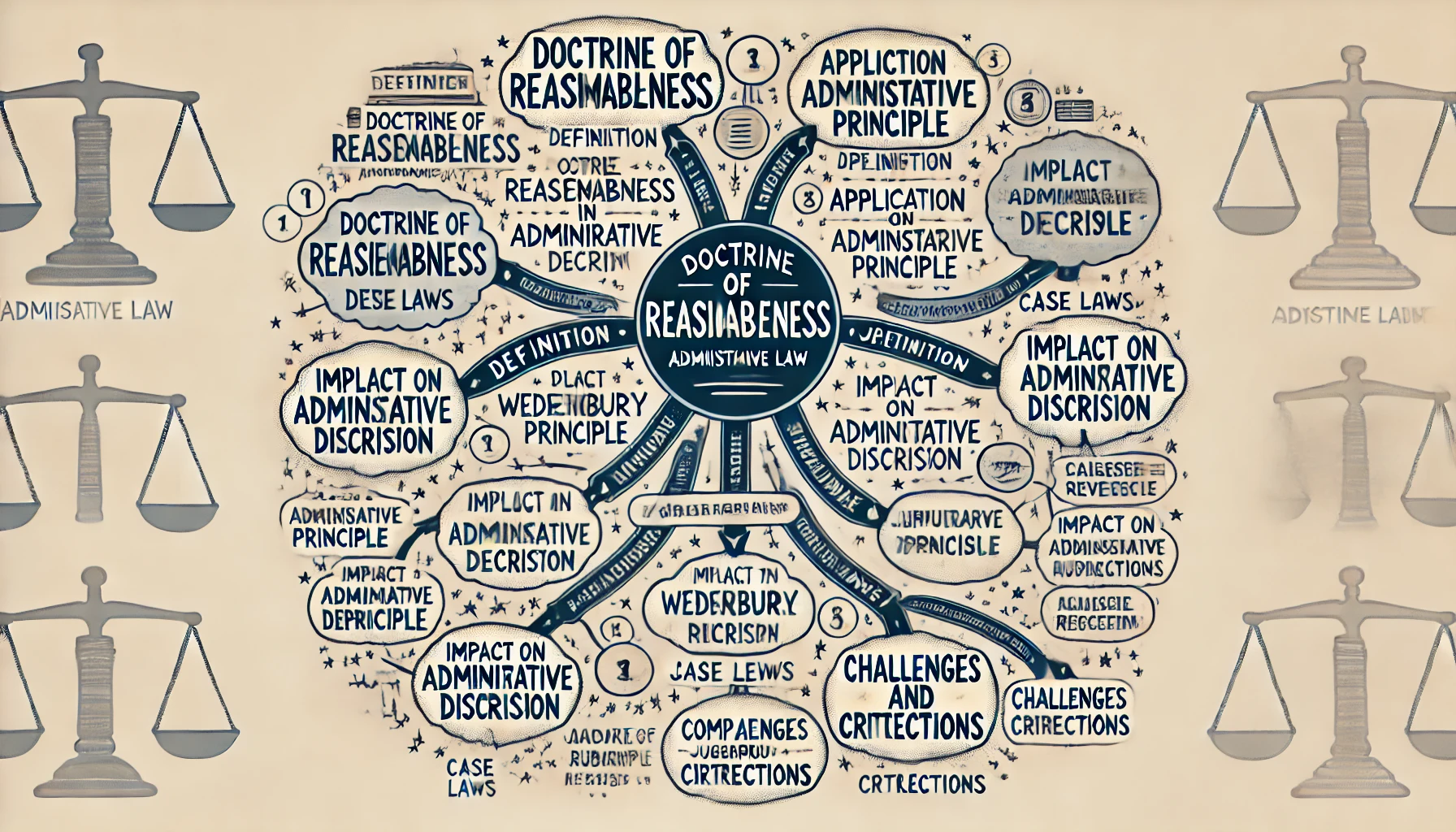

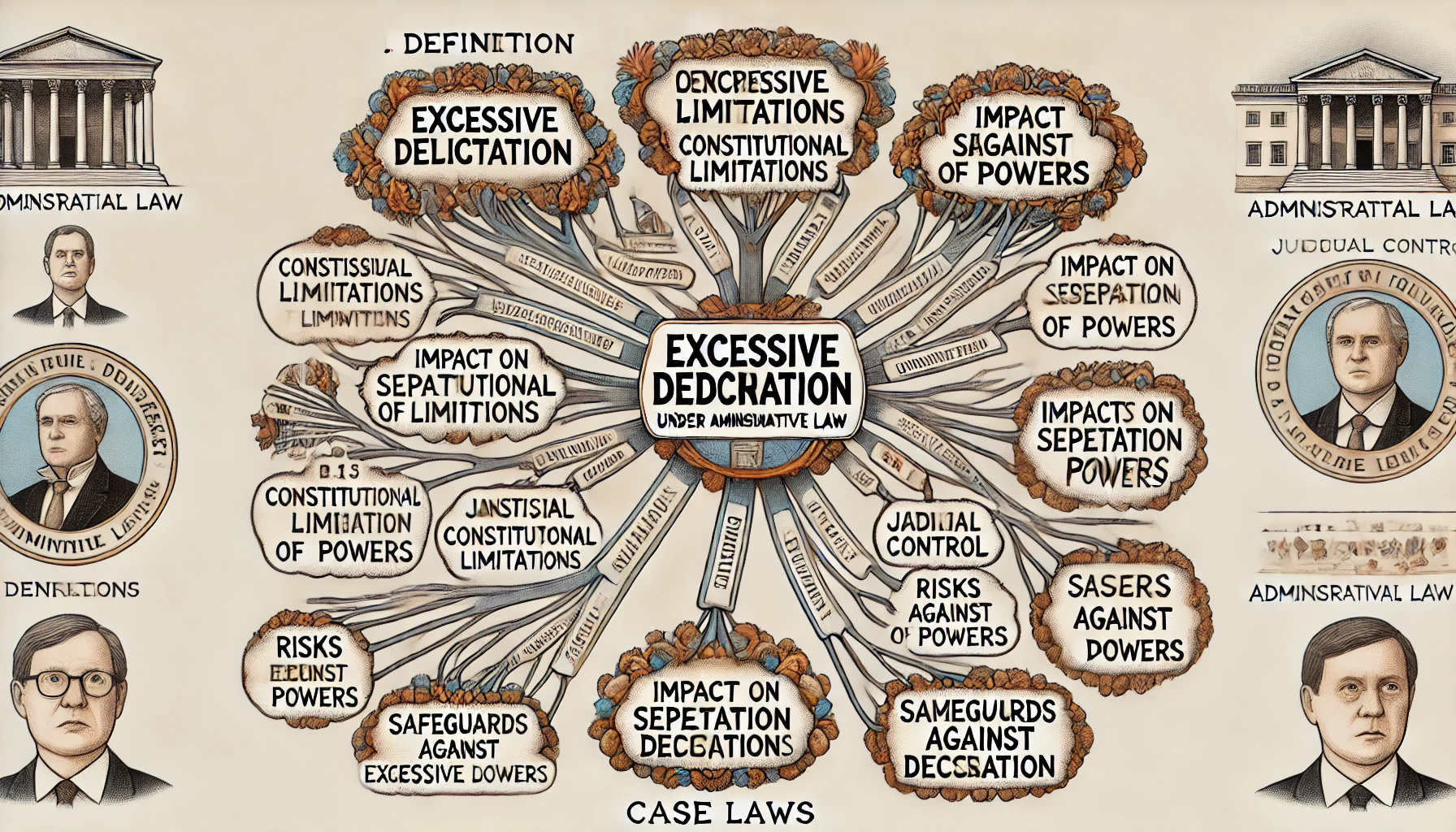

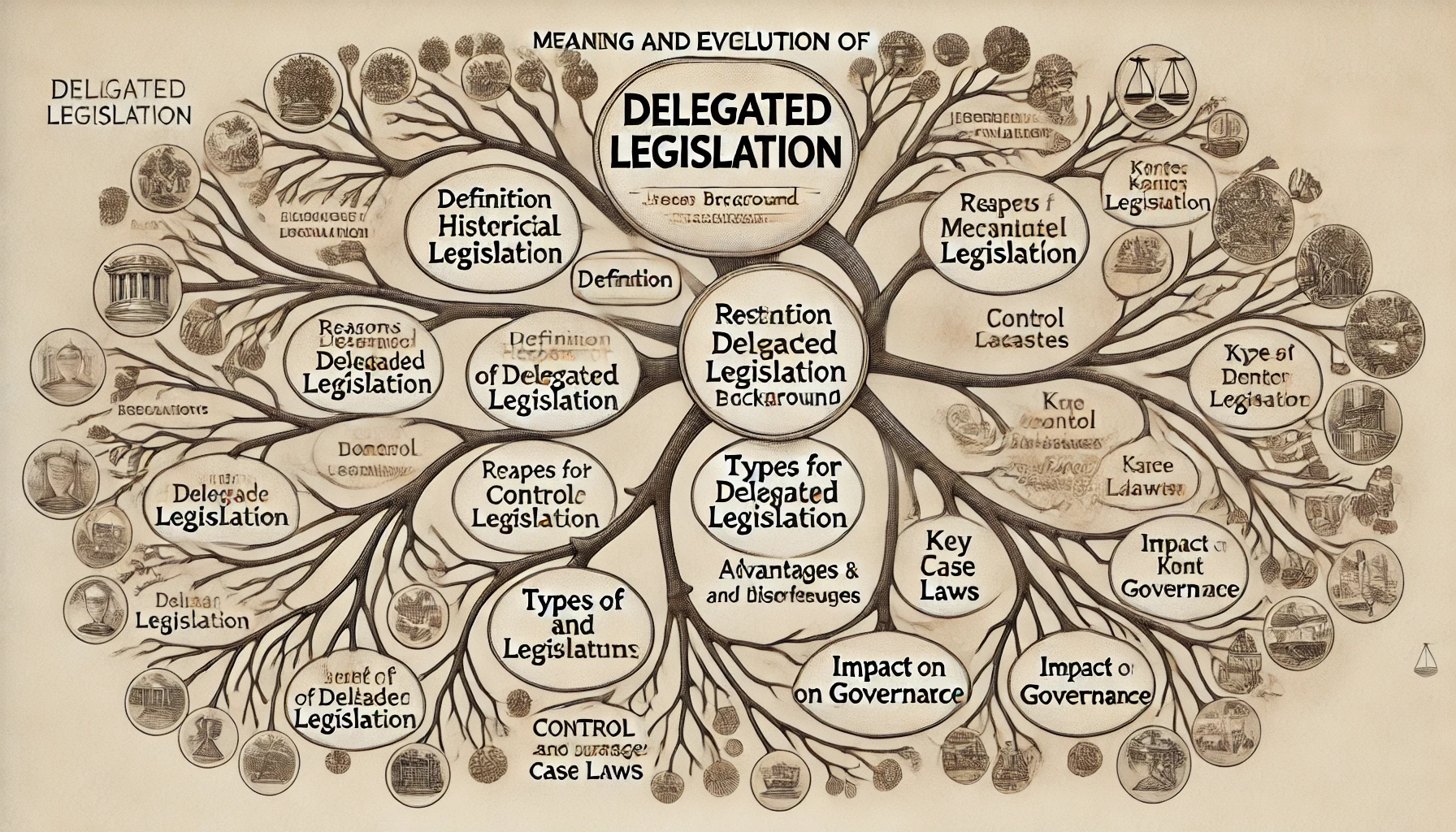
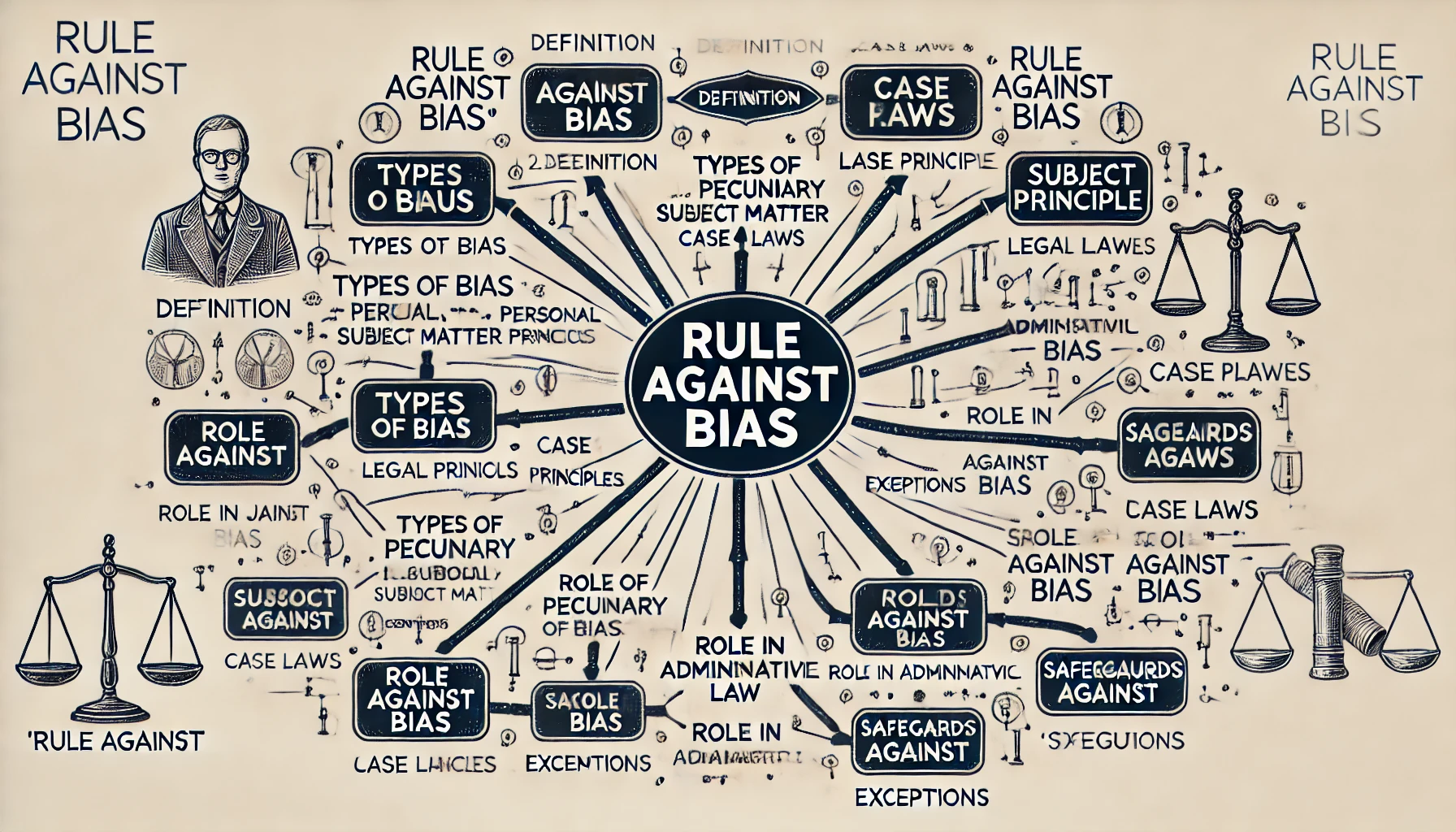
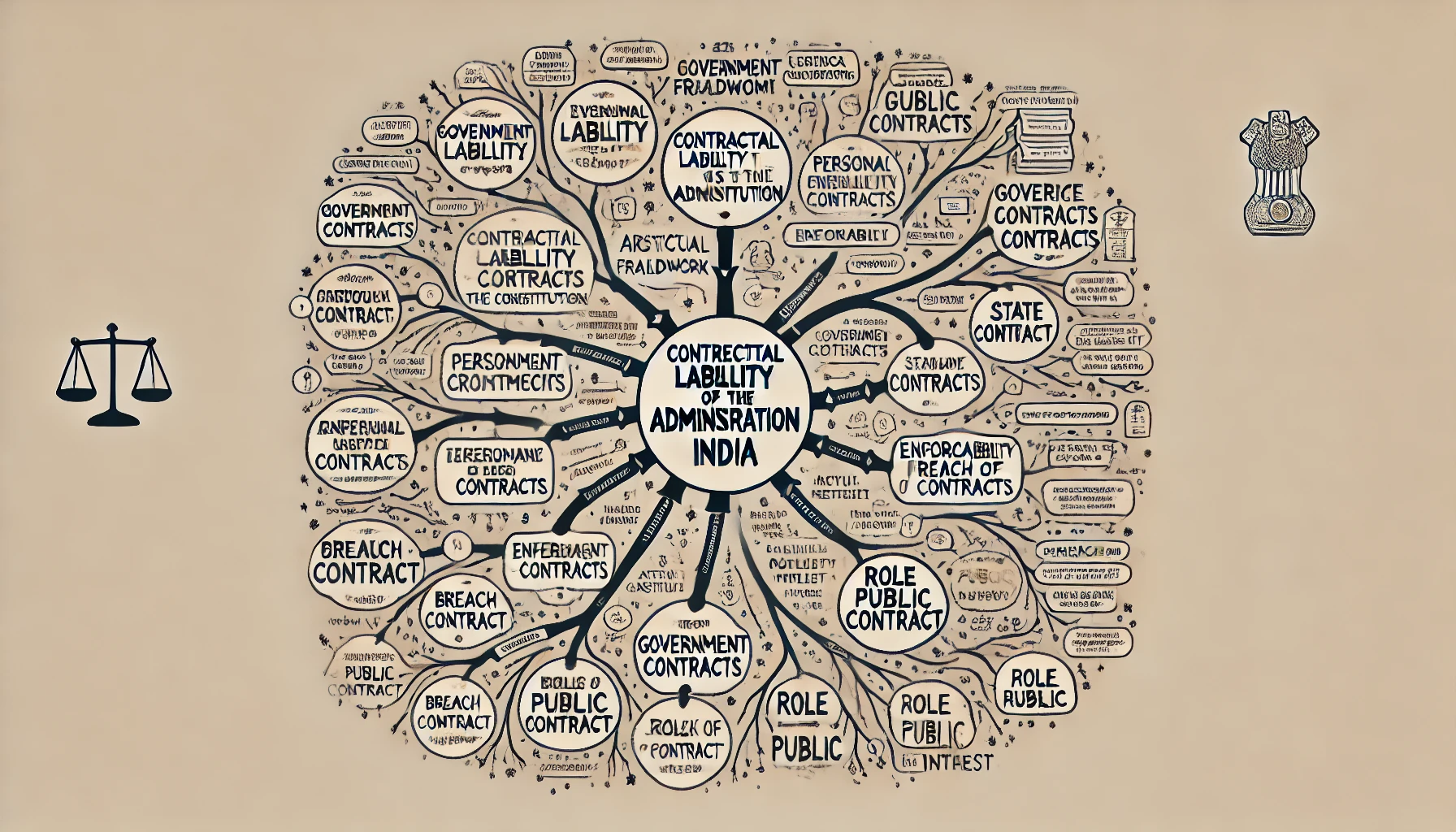
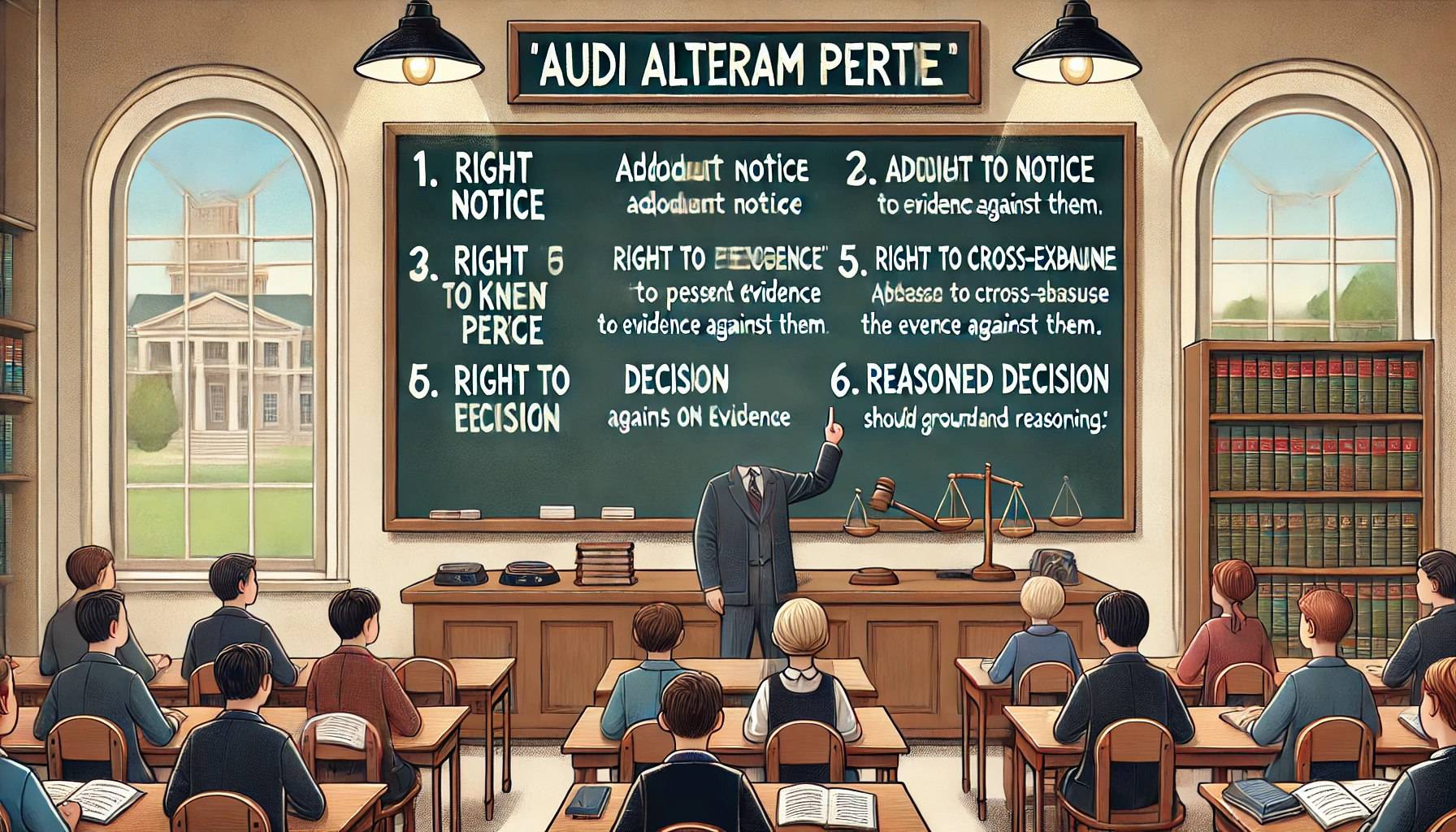

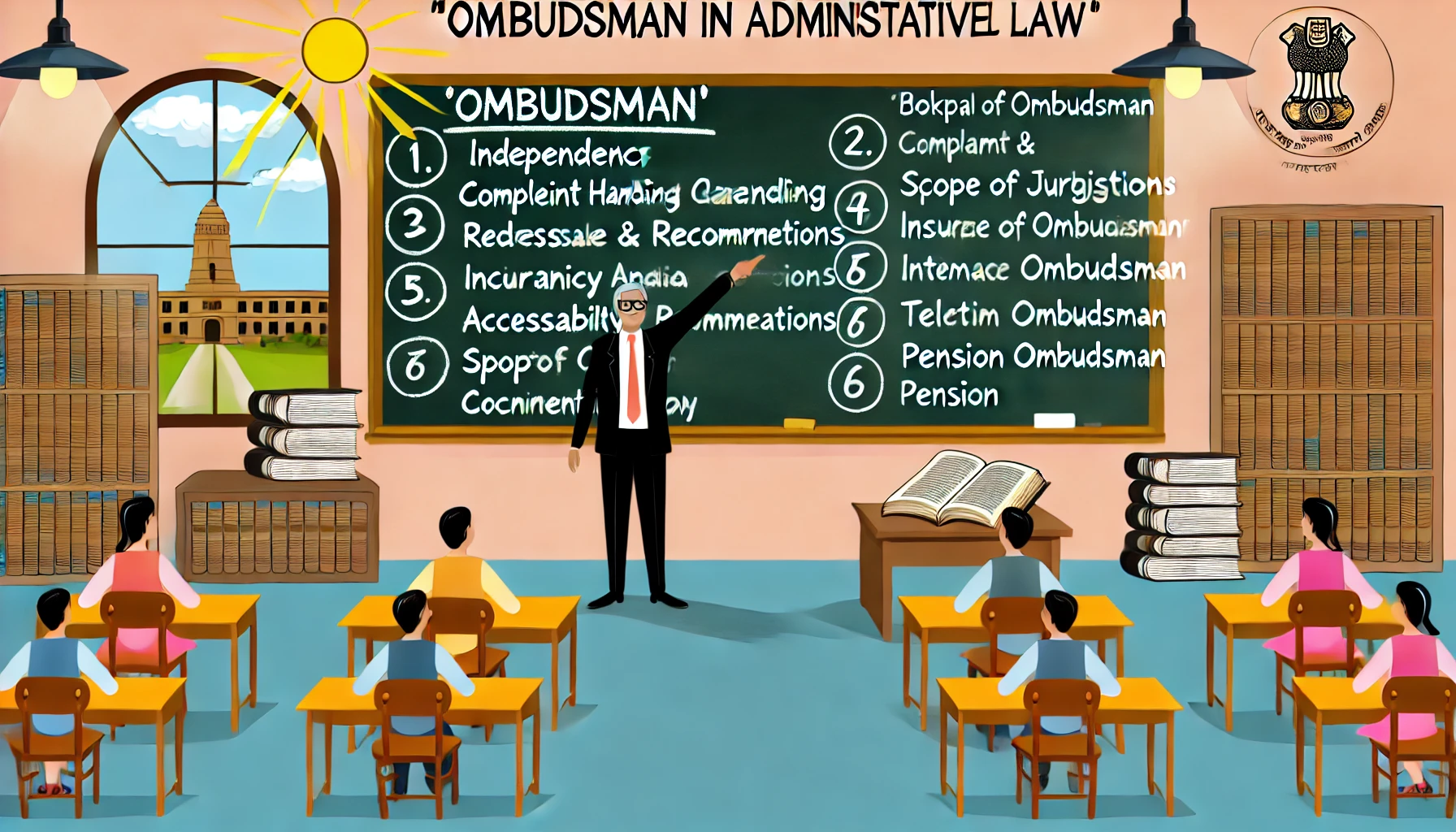
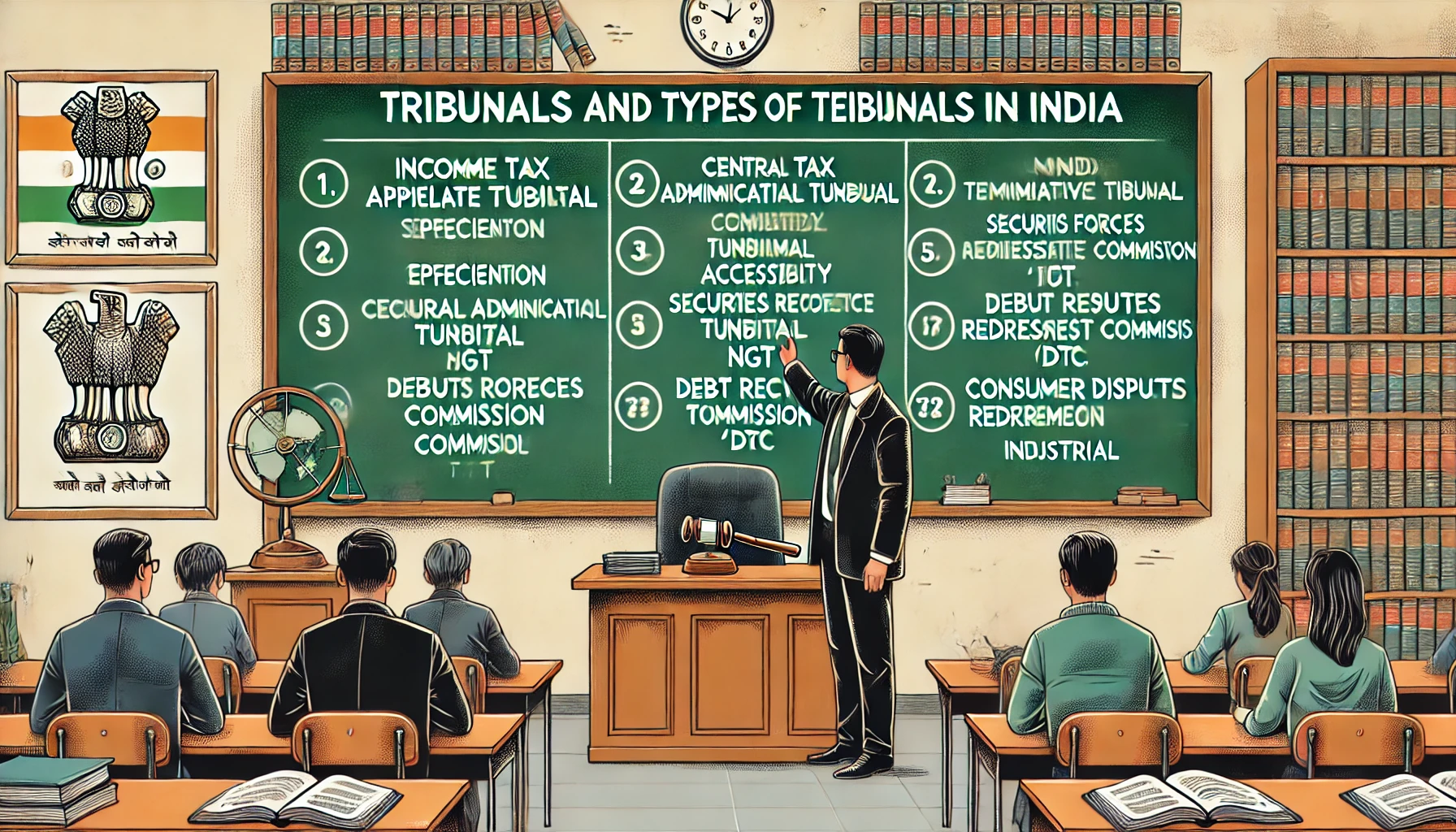
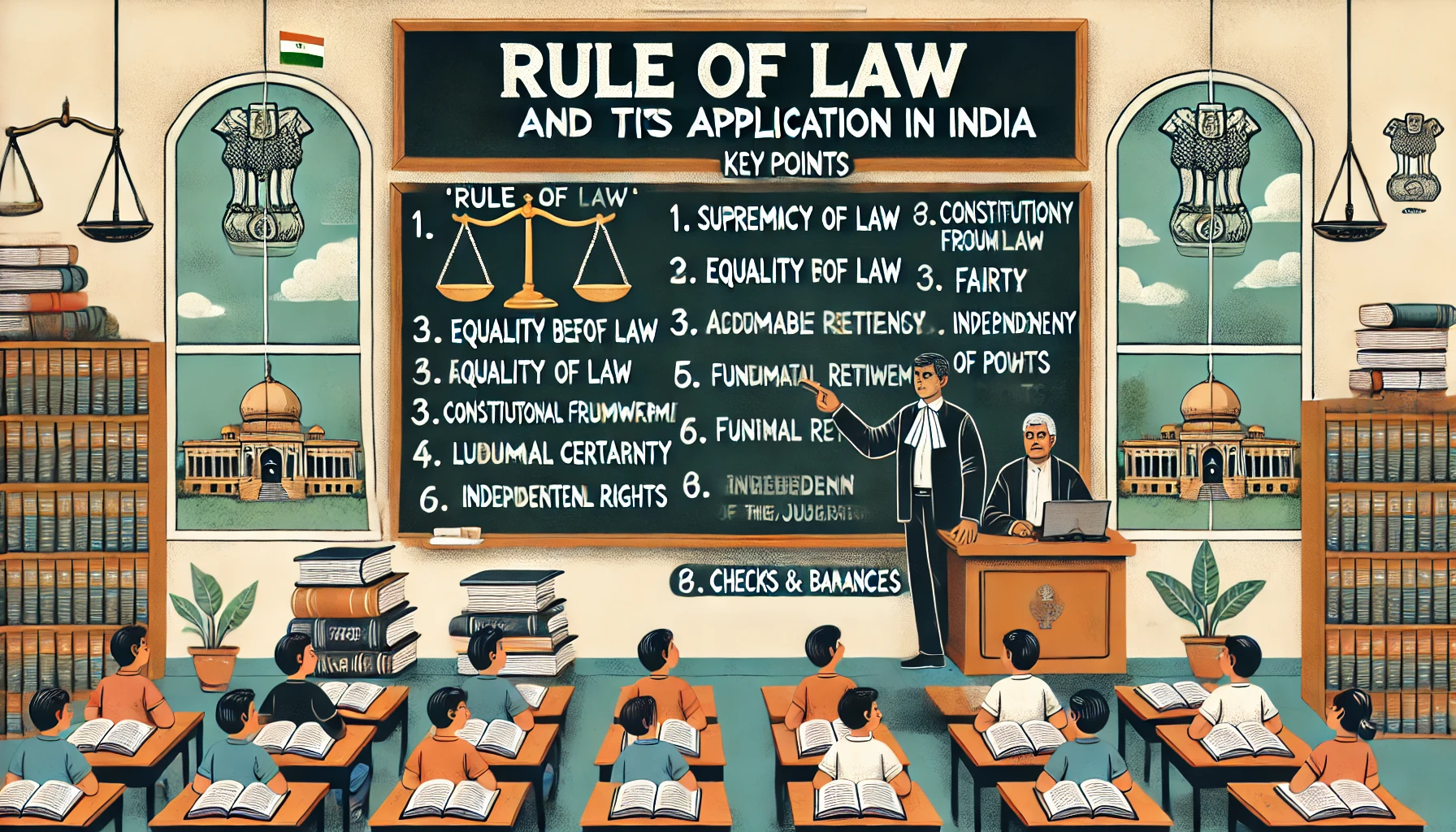

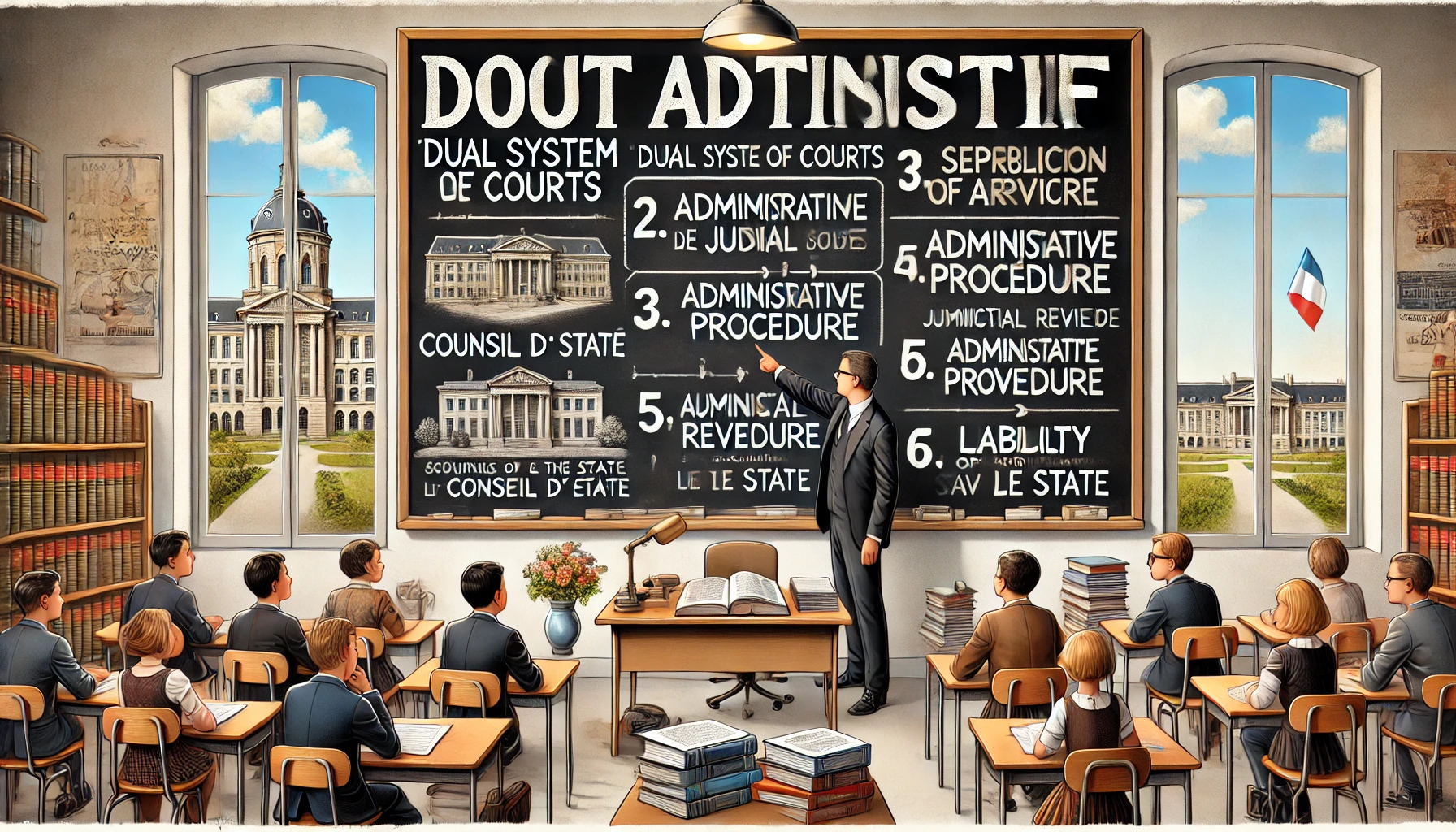

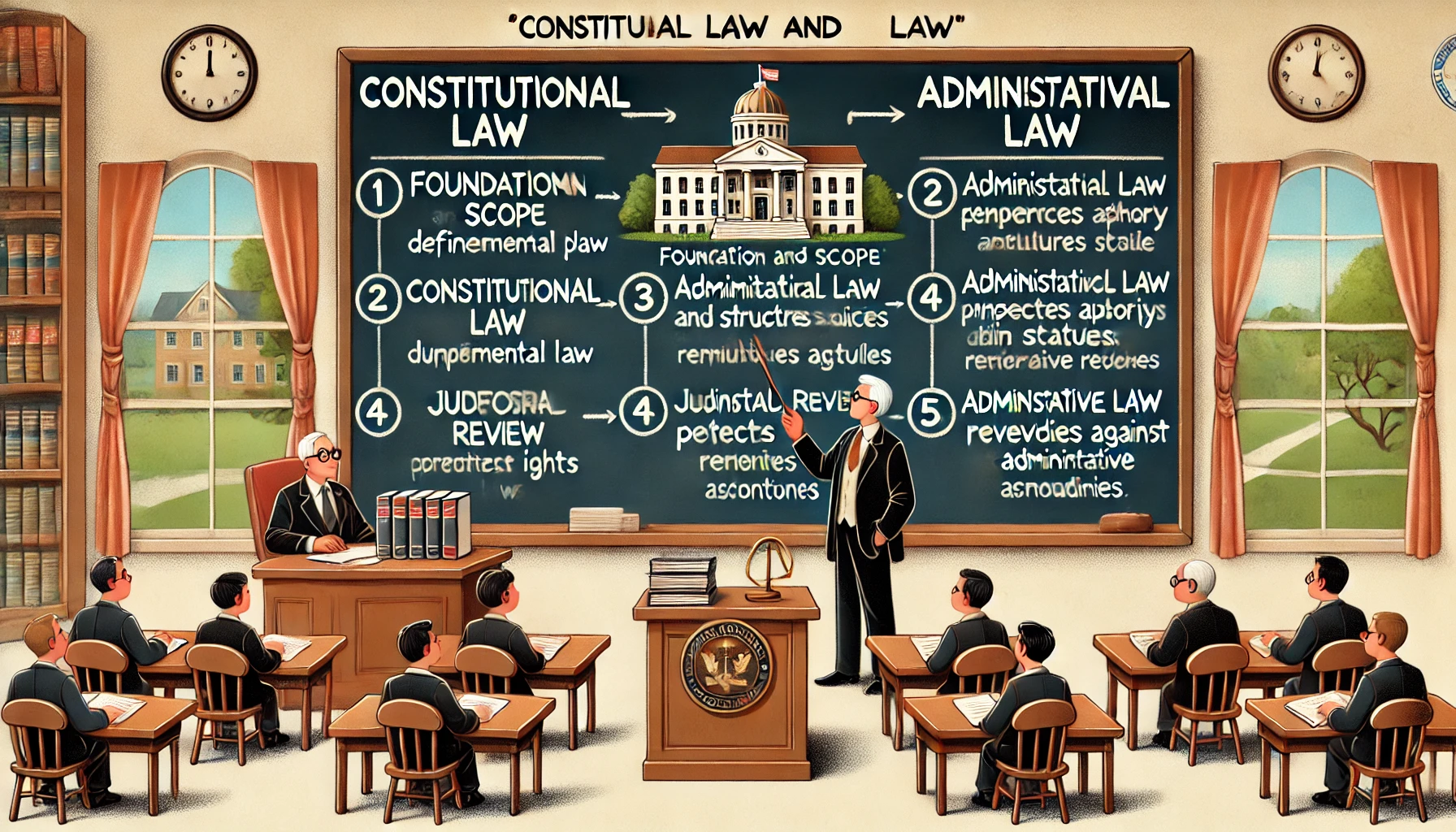































































































Comment
Nothing for now